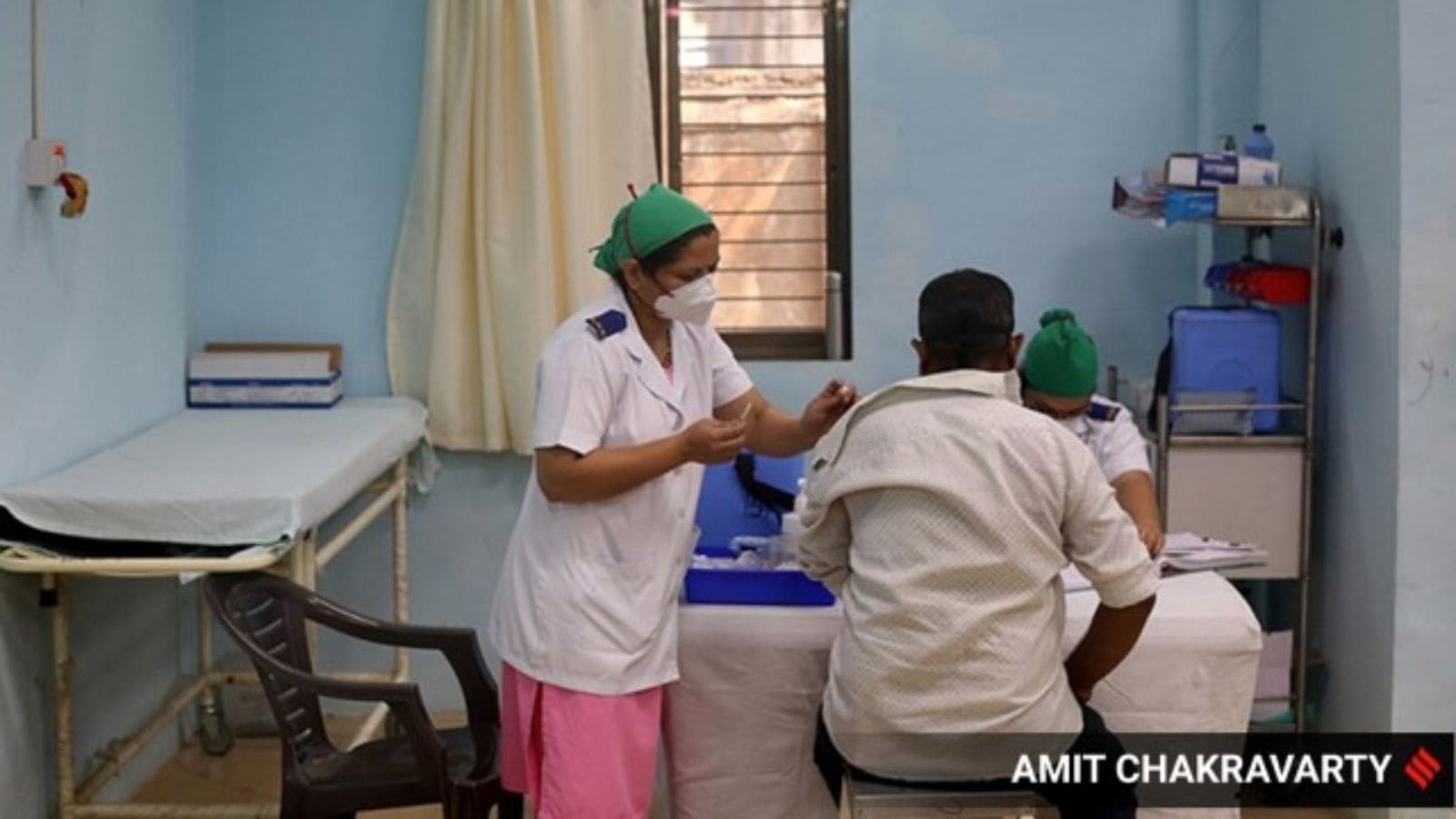 |
|
A recent outbreak of Guillain-Barré Syndrome (GBS) in Pune, India, has prompted a response from the Indian Health Ministry. Seventy-three individuals in and around the Singhabad area have been affected by this rare neurological disorder. The Ministry has dispatched a team to assess the situation and collaborate with local health authorities to contain the spread of the suspected causative agent, Campylobacter bacteria. This bacterium, often transmitted through contaminated food or water, causes diarrhoea, and in some cases, triggers an autoimmune response that mistakenly attacks the nervous system, leading to GBS.
Guillain-Barré Syndrome is a rare autoimmune disorder characterized by the body's immune system attacking its own peripheral nerves. While the exact cause remains unknown, several triggers have been identified, including bacterial and viral infections. Campylobacter infections have been strongly implicated in this particular Pune outbreak. Other potential triggers include influenza, COVID-19, and Zika virus. It is crucial to understand that GBS itself is not contagious; rather, the underlying infection that triggers it can be. The symptoms of GBS typically begin with weakness and tingling in the legs, progressively moving upwards to affect the torso and potentially leading to muscle weakness or paralysis. Other symptoms include difficulty walking, problems with facial muscles (affecting speech, chewing, and swallowing), and impaired coordination and balance. In severe cases, respiratory difficulties due to chest muscle weakness can occur. The neurological society of Pune has rightly stressed the importance of not panicking. They highlight that GBS is a treatable condition and are reassuring the public about the manageability of this situation.
Treatment for GBS involves prompt intervention to manage symptoms and expedite recovery. Intravenous immunoglobulin therapy (IVIG) and plasma exchange are commonly used. Respiratory support may be necessary for patients with severe cases. Physical therapy and rehabilitation play a vital role in helping patients regain independence. The recovery period is variable, ranging from a few weeks to several months or even years, depending on the severity of the illness. However, a significant portion of patients (approximately 80%) with severe disease regain the ability to walk within six months of onset. Early diagnosis and initiation of treatment are crucial to improving the outcome for those affected. Hospitalization is typically recommended for individuals experiencing severe disability or requiring close monitoring to prevent the condition from worsening.
Preventing infection, particularly from Campylobacter, is key to minimizing the risk of GBS. This requires careful attention to food hygiene practices. It is imperative to thoroughly wash fruits and vegetables, cook poultry and meat to a safe internal temperature of at least 75°C, and avoid consuming raw or undercooked food, especially eggs and seafood. Regular handwashing with soap and water before meals and after using the toilet is essential. During outbreaks like the one in Pune, it's crucial to avoid sharing utensils or food. Proper separation of raw and cooked foods, along with disinfecting kitchen surfaces and utensils after handling raw foods, are crucial steps. Boiling water before drinking or using bottled water if uncertain of the source’s safety are also recommended. These preventive measures not only reduce the risk of Campylobacter infection but also help mitigate the risk of other infections that can potentially trigger GBS.
The current situation in Pune highlights the importance of public health vigilance and prompt responses to outbreaks of rare diseases. The Health Ministry’s involvement underscores the seriousness of the situation and the commitment to ensuring the well-being of the affected population. Further investigation into the source of the Campylobacter contamination is necessary to prevent future outbreaks. Continuous monitoring of the situation, coupled with effective public health interventions, will play a vital role in controlling the spread of GBS and ensuring the recovery of those affected. The coordinated effort between the central health ministry team and local health authorities is crucial for effective management and containment of this outbreak. It underscores a crucial need for robust public health infrastructure and proactive disease surveillance systems to address such situations effectively and efficiently in the future.
